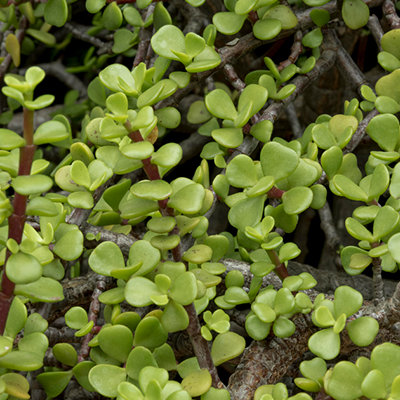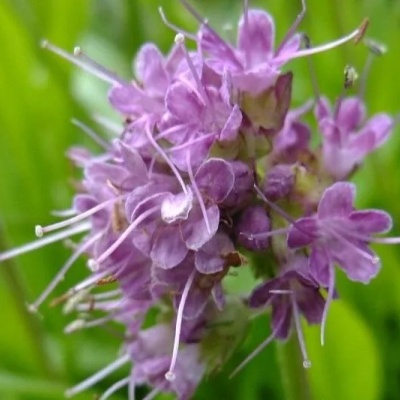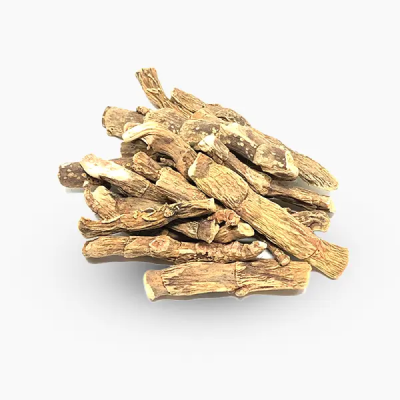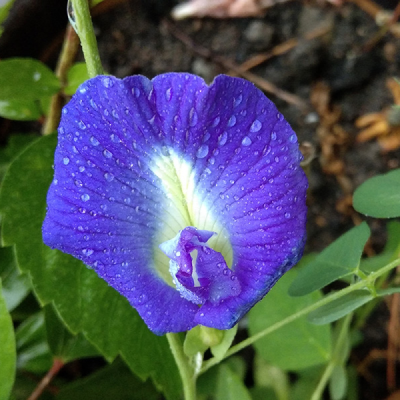Tourette syndrome is a neurological condition characterized by repeated, involuntary movements or sounds known as tics. These tics can range from simple movements like blinking to complex vocalizations or gestures. The disorder often begins in childhood, typically between the ages of 5 and 10, and varies in severity over time.
Causes of Tourette syndrome
The exact cause of Tourette syndrome is unknown, but research points to a combination of genetic, environmental, and neurological factors:
- Genetics: TS often runs in families, suggesting a hereditary component.
- Neurological Factors: Abnormalities in certain brain regions, neurotransmitters (dopamine, serotonin), and brain circuits that control movement may contribute to tics.
- Environmental Factors: Infections, prenatal complications, or stressful life events can act as triggers or worsen the condition.
Types of Tics in Tourette syndrome
Motor Tics
- Simple Motor Tics: Quick, repetitive movements (e.g., blinking, head jerking, or shoulder shrugging).
- Complex Motor Tics: Involve coordinated actions (e.g., jumping, spinning, or touching objects).
Vocal Tics
- Simple Vocal Tics: Involuntary sounds (e.g., grunting, coughing, or throat clearing).
- Complex Vocal Tics: Involuntary words or phrases, sometimes including inappropriate or offensive language (called coprolalia).
Signs and Symptoms
Tics
- Sudden, repetitive, and involuntary movements or sounds.
- Tics may worsen with stress, excitement, or fatigue.
Behavioural Symptoms
- Difficulty concentrating (often linked to ADHD).
- Impulsive behaviours.
- Anxiety or obsessive-compulsive tendencies.
Social and Emotional Impact
- Embarrassment or self-consciousness due to tics.
- Difficulty in social interactions or school performance.
Waxing and Waning
- Tics can vary in frequency and intensity over time.
Ayurvedic Perspective on Tourette syndrome
In Ayurveda, Tourette syndrome can be correlated to a Vata-Pitta disorder affecting the Manas (mind) and Majja Dhatu (nervous system). It is linked to an imbalance of:
- Vata Dosha: Governs movement and nervous system functions, causing involuntary tics.
- Pitta Dosha: Contributes to irritability, impulsiveness, and emotional instability.
Factors like poor diet, mental stress, improper lifestyle, or hereditary predispositions disturb the Doshas, leading to this condition.
Ayurvedic Treatment for Tourette syndrome
Ayurveda aims to manage Tourette syndrome by:
- Balancing Doshas.
- Calming the nervous system.
- Strengthening the mind-body connection.
Panchakarma Therapies (Detoxification)
Shirodhara
- Warm medicated oil is poured on the forehead to calm the mind and reduce tics.
Abhyanga (Oil Massage)
- Full-body massage with medicated oils like Bala Taila or Ashwagandha Taila to pacify Vata.
Nasya (Nasal Therapy)
Administering medicated oils (e.g., Brahmi oil) through the nostrils to improve brain function.
Dietary Recommendations
Include:
- Warm, nourishing foods like soups, stews, and ghee.
- Brain-boosting foods like almonds, walnuts, and pumpkin seeds.
- Herbs and spices like turmeric, ginger, and cinnamon.
Avoid:
- Cold, processed, and oily foods.
- Caffeine, sugar, and junk food.
Lifestyle Modifications
Yoga and Pranayama:
- Anulom Vilom and Bhramari Pranayama to calm the nervous system.
- Yoga poses like Balasana (Child’s Pose) and Shavasana (Corpse Pose) to reduce stress.
Routine:
- Regular sleep patterns and stress management techniques.
Avoid Triggers:
- Minimize exposure to loud noises or situations that increase stress.
Herbal Remedies
Brahmi (Bacopa monnieri)
Enhances brain function and reduces anxiety.
Ashwagandha (Withania somnifera)
Strengthens the nervous system and calms the mind.
Jatamansi (Nardostachys jatamansi)
Reduces hyperactivity and improves mental stability.
Vacha (Acorus calamus)
Helps with speech-related tics and calms the nervous system.
Shankhpushpi (Convolvulus pluricaulis)
Supports cognitive function and emotional balance
In severe cases, modern medications like antipsychotics or behavioural therapy may be necessary.
Ayurveda complements modern treatments by reducing side effects, improving overall health, and addressing root causes holistically.
Note: Always consult a qualified Ayurvedic practitioner and neurologist for a personalized treatment plan. Early intervention and a holistic approach can greatly improve quality of life in Tourette syndrome.








